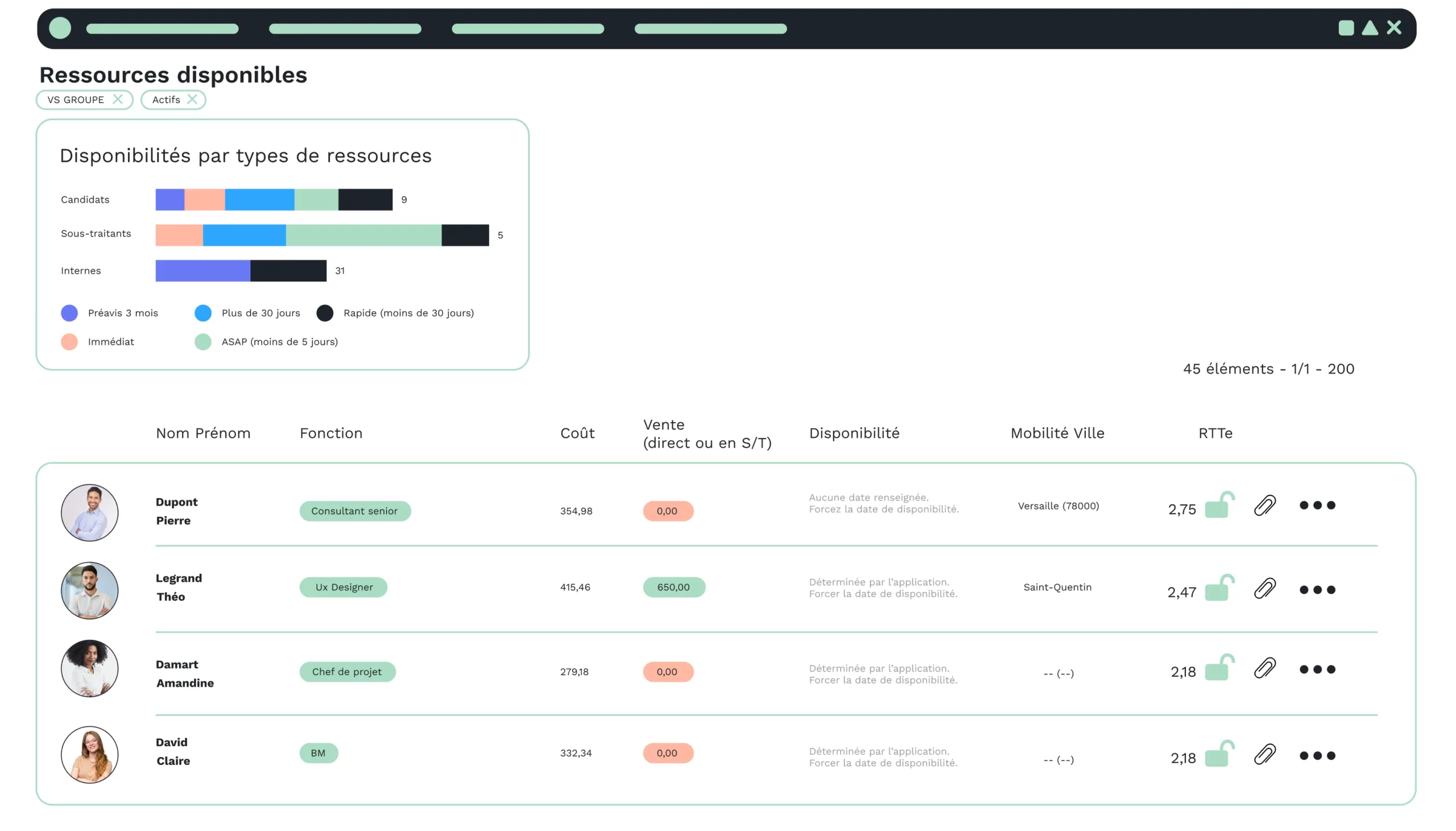With 700 companies, 88,000 employees and annual economic growth of 20% in France, wage portage is gaining ground in France.
But what is an umbrella company and what impact does it have on the job market? We explain everything.
The job market in France
The French job market has changed. According to a DARES* study, the rate of employment on temporary and fixed-term contracts has risen since 2003. From 6.5% in 2003 to 7.6% in 2019. Meanwhile, the number of open-ended contracts fell from 49.8% in 2003 to 49.7% in 2019. (see graph 9)
Self-employment is becoming increasingly important in the marketplace as a way of balancing work and private life. In fact, we’re seeing the number of freelancers grow: according to the MALT** study, in October 2015 there were 10,000 registrants compared with 100,000 registrants in January 2019.
According to the same study, the main reasons why freelancers choose this status are, for 88%, to meet a need for independence, for 81% to be able to organize their schedule freely, and for 57% to be able to choose their clients and projects.
Among these freelancers, we distinguish “ported” employees who are attached to “portage” companies.
What is “wage portage”?
In France, wage portage represents 90,000 employees and estimated sales of 1 billion euros in 2018.
It’s a new form of work that allows professionals to become self-employed with the benefits of an employee. These advantages are due to the fact that the “wage portage” employee is tied to an umbrella company.
There are therefore three parties involved: the contractor, the umbrella company and the client company.
The contractor contributes his or her expertise to the company and is responsible for finding his or her own clients. He negotiates his fees with the client company and sends the information to the umbrella company to draw up the contract;
For its part, the umbrella company has a contract with the employee who becomes a “contractor” and will have to carry out administrative tasks such as the commercial contract between the professional and the client company, invoicing, reminders in the event of late payment, etc ;
The client company and the “umbrella company” have a service contract. The umbrella company will invoice the client company and make any necessary reminders.
How does an umbrella company work?
Please note that only a few professions can be carried out on a freelance basis: coaching, training, project management, digital, IT, etc.
As we said earlier, it’s the umbrella company that manages the administrative side of the contractor. This is one of the great advantages of wage portage. Remember that a “contractor” employee has the same rights as an employee in terms of benefits, contributions, etc.
The umbrella company must provide guarantees to the contractor, and must therefore take out a financial guarantee. This guarantees payment of the contractor’s salary and social security contributions.
It must also draw up a contract with all the formalities (hiring, payment of social security contributions, remuneration); provide an activity report detailing the payments made by the client company, the management fees retained, the professional expenses, the social security contributions as well as the net remuneration and the amount of the business contribution.
So the umbrella company sends the invoices to the client company, and then pays the contractor. The umbrella company is paid as a percentage of the umbrella professional’s sales excluding VAT. This rate, known as the management rate, is generally between 8% and 10% of sales excluding VAT.
According to OPPS ***, 90% of umbrella companies surveyed are multi-sectoral, with at least three areas of expertise.
In short, self-employment wage portage is a new way of combining self-employed and salaried status to adapt to changes in the job market, born of the need for professionals to regain control over their time and the use of their skills.
According to figures from FEPS (Fédération des Entreprises de Portages Salarial), in 2025, wage portage will account for 588,000 jobs, 15 billion euros in sales and 5% of national employment. This heralds a promising future for wage portage.
* DARES: labor market conditions in the 2nd quarter 2019
** MALT: 2019 study on freelancing in France
*** OPPS (Observatoire Paritaire du portager Salarial): key figures 2019







